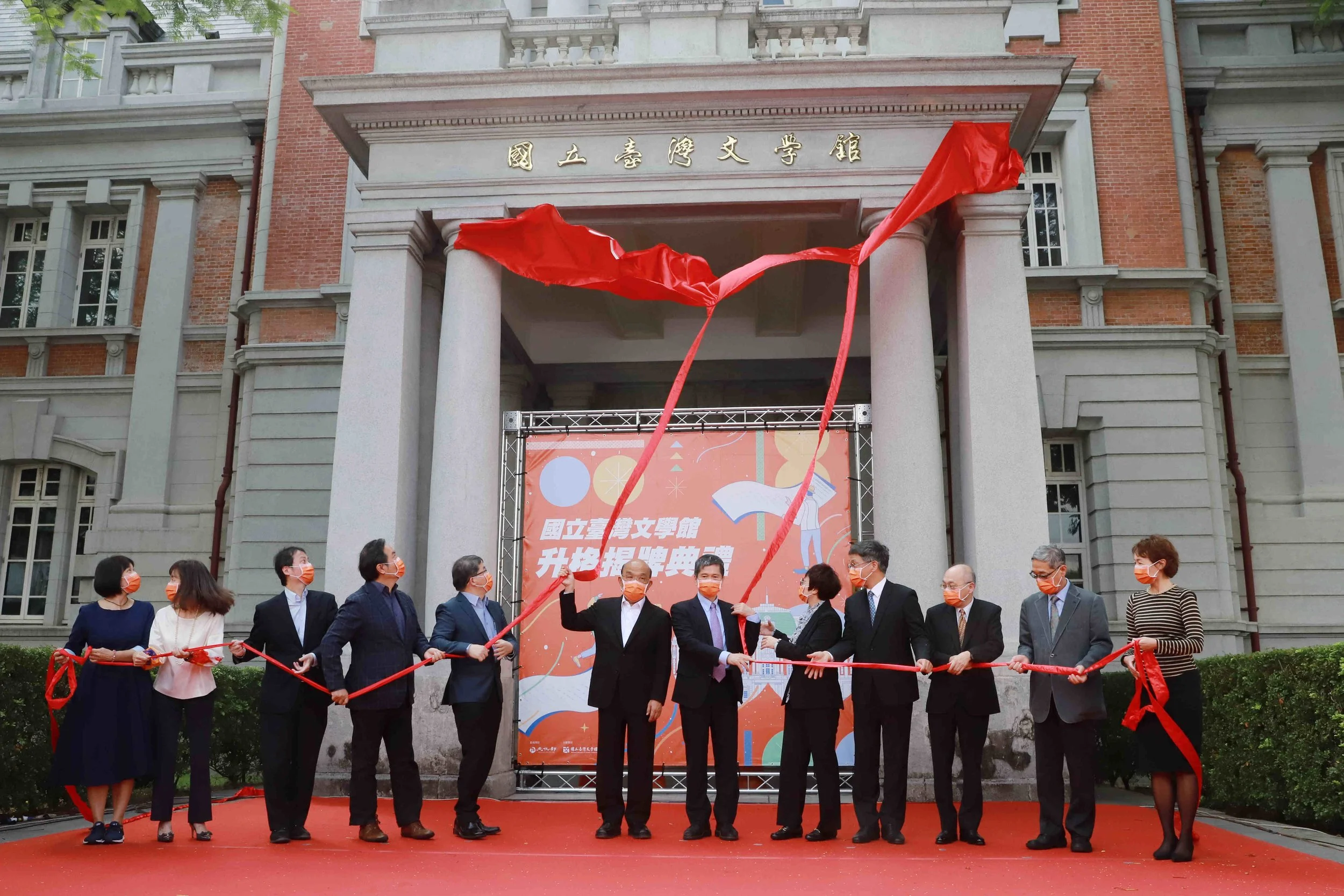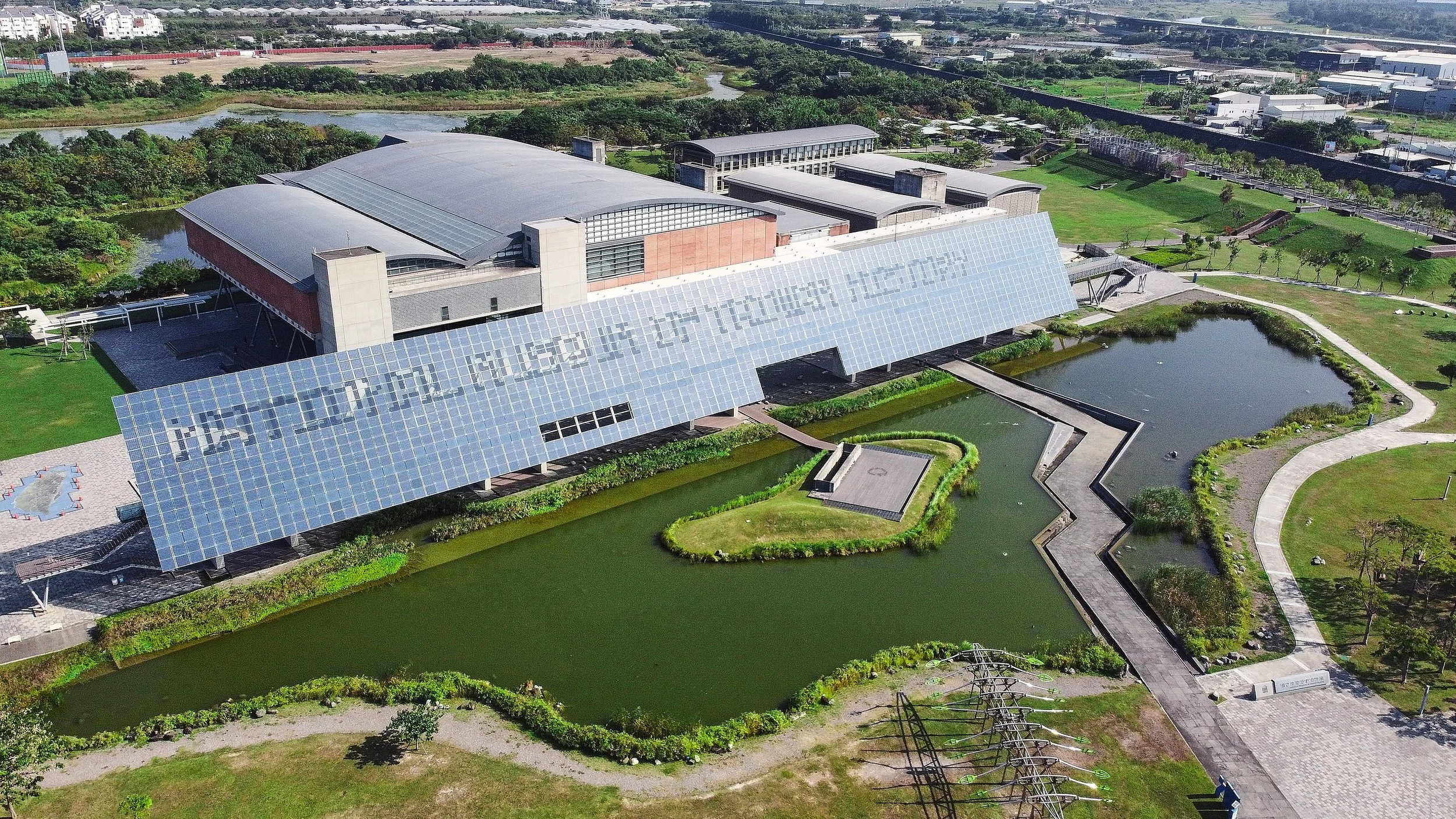All tagged Encountering Everyday Life: Taiwan in Museums
“Taiwan literature can be conceived of as every single mode of literary expression that has left an existential trace on Taiwan,” said Dr. Shuo-bin Su (蘇碩斌), director of the National Museum of Taiwan Literature. The research, preservation, and promotion of such modes of expression, however, either failed to receive organized institutional support or was subsumed under a China-centered historiographical perspective before the lifting of martial law in Taiwan. The establishment of Taiwan literature as a field of academic inquiry became possible thanks to the political liberalization of Taiwanese society and the emergence of a “Taiwan consciousness” since the 1980s. What might be the challenges and possibilities facing the field of Taiwan literature, then and now? What might be the new directions of the field? This interview features as part of our special issue: Encountering Everyday Life: Taiwan in Museums.
Before the lifting of martial law in 1987, the research, preservation, and promotion of Taiwan literature in Taiwan either failed to receive organized institutional support or was subsumed under a China-centered historiographical perspective. The establishment of Taiwan literature as a field of academic inquiry became possible thanks to the political liberalization of Taiwanese society and the emergence of a “Taiwan consciousness” since the 1980s. What might be the challenges and possibilities facing the field of Taiwan literature, then and now? What might be the new directions of the field? This interview features as part of our special issue: Encountering Everyday Life: Taiwan in Museums.
The field of Taiwan history has gained increasing visibility in academia, both in Taiwan and abroad. Yet the production and dissemination of Taiwan-related knowledge in Taiwan before the lifting of martial law in 1987 faced great difficulty. How did the founding of the National Museum of Taiwan History (NMTH) changed the way we approach Taiwan history? This interview features as part of our special issue: Encountering Everyday Life: Taiwan in Museums.
The field of Taiwan history has gained increasing visibility in academia, both in Taiwan and abroad. Yet the production and dissemination of Taiwan-related knowledge in Taiwan before the lifting of martial law in 1987 faced great difficulty. How did the institutionalization of Taiwan history as an academic field in and of itself changed the way we approach Taiwan history? This interview features as part of our special issue: Encountering Everyday Life: Taiwan in Museums.
Wheaten foods play an important role in the everyday life of Taiwanese people. However, the mass introduction of wheaten foods to Taiwan and even Taiwan’s own domestic production of flour are fairly recent phenomena. Why did Taiwanese begin integrating large quantities of wheaten foods into their diet? The answer to this question is intimately linked to U.S. aid. A story of food culture and U.S. Cold War cultural policy in Asia, this article features as part of our special issue: Encountering Everyday Life: Taiwan in Museums.
The practice of physical training is not only an issue of individual choice but has always been intertwined with the political economy of nation-building. A story of civilization, wartime mobilization, and nationalism, this article on physical training features as part of our special issue: Encountering Everyday Life: Taiwan in Museums.
In the early stage of Japanese colonial governance, the Government-General of Taiwan encouraged the straw hat business—the growth of which not only brought Taiwan to the stage of international fashion, but also consolidated Japan’s colonial imaginary of Taiwan as a southern island, a strategic site from which the southward advance policy could be launched. A story about colonial modernity and imaginaries, this article features as part of our special issue: Encountering Everyday Life: Taiwan in Museums.
Taiwan’s sugar industry flourished during the Japanese colonial era, giving birth to the widely known chocolate brand: The Meiji Chocolate. A story about Japanese colonial modernity and anti-colonial resistance in Taiwan, this article on sugar features as part of our new special issue: Encountering Everyday Life: Taiwan in Museums.









